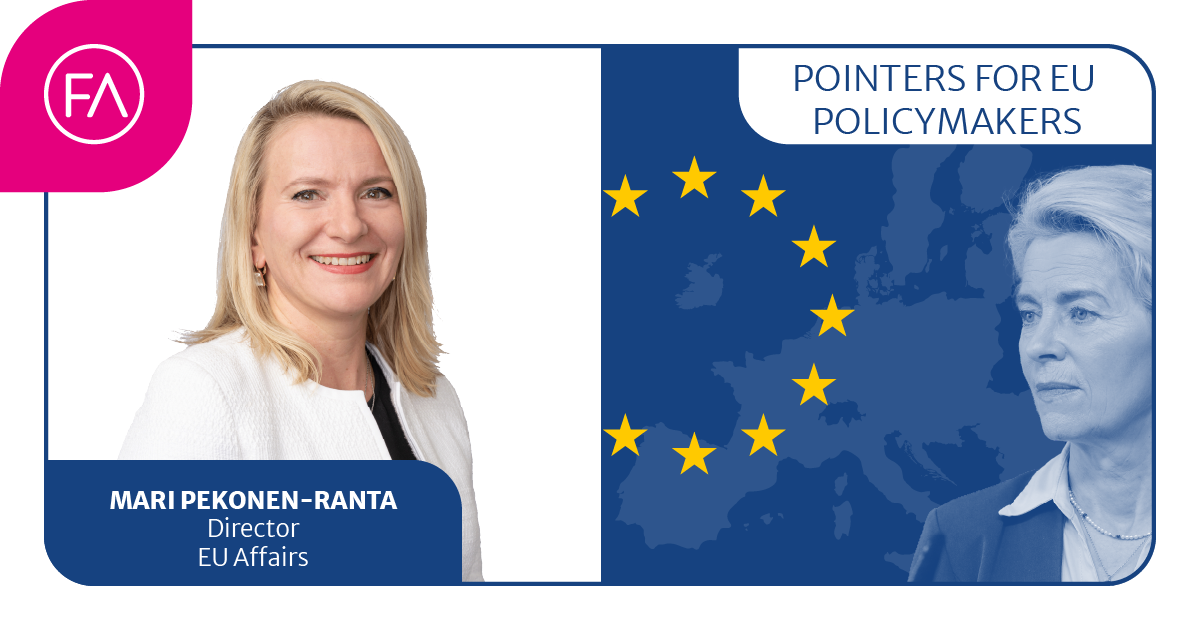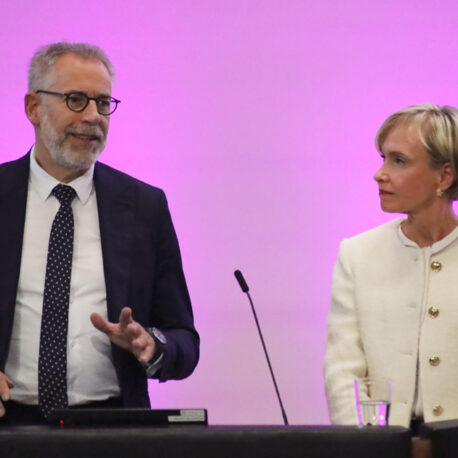
The European Commission is expected to publish its new work programme within the coming weeks, but the general outline of its contents is already largely known. One of the major themes arises from security concerns, which have made the Commission increase its focus on ensuring the functioning of society and preventing criminal activity.
Finance Finland wants to be closely involved in this work. The reliability of financial sector services is vitally important for consumers, companies and public administration. Payments must run smoothly, data protection and information security must be robust, and customer trust must be fostered. This is why the financial sector is so strictly regulated in terms of capital adequacy, information and cyber security and investor protection.
The sector’s sense of security has unfortunately been shaken by the exponential growth in fraud. In the last two and a half years, Finns have lost over €100 million to digital fraud. Over the same period, banks have been able to stop and recover €65 million that was about to be transferred to criminals.
Fraud prevention needs to involve the service providers through which fraudsters approach their victims – after all, banks do not get called on stage until the victim has already been lured in.
Fraudsters typically contact their victims by phone, via text or e-mail messages, through online marketplaces or on social media. Having the tools to intercept attempts during these initial stages would enhance fraud prevention.
The financial sector operates in society in a network, cooperating with actors across all sector boundaries. In the upcoming regulatory period, attention should be extended to the entire ecosystem and the non-financial entities that are closely involved in the sector’s operations.
In the Nordic countries, we have witnessed fraud methods evolve at the same rate as customers have switched to using digital services. Measures have already been taken at the European level to extend fraud prevention liability to telecom operators, for example, but there is still much to do.
When considering new regulation, the Commission should examine the entire process of fraud comprehensively, not letting itself be constrained by the boundaries of its individual Directorates-General.
We also see a pressing need to improve banks’ mutual information exchange. Due to their strict obligations to prevent money laundering and illegal transactions, financial sector companies hold vast amounts of data on criminals and suspicious activity. They should be able to share this information with other banks and authorities to enable effective and timely crime prevention.
Clear, uniform and consistent regulation supports the achievement of these aims. We strongly support the Commission’s action plan for better regulation and consider the set of practices it promises highly welcome.
Still have questions?
|Contact the columnist
Looking for more?
Other articles on the topic

Head of Cabinet Michael Hager: Europe will not prosper simply by avoiding mistakes – Financial supervisors must look after competitiveness and growth

The Nordic model for European savings and investments accounts is simply excellent – The Commission would be wise to look to the North

Commission unveils proposal to revive securitisation, aiming to strengthen EU capital markets

How much would the digital euro cost? Initial estimation published




